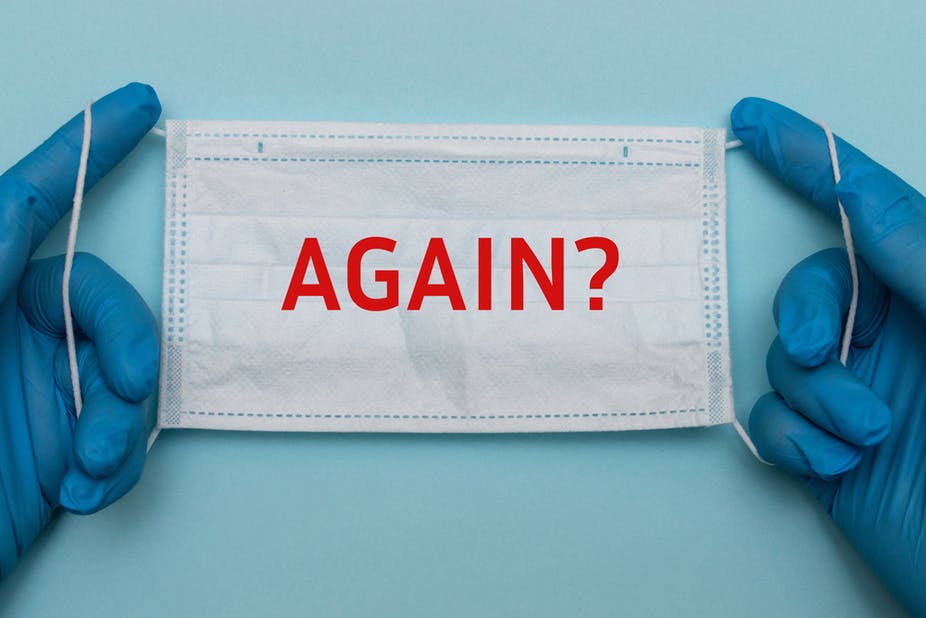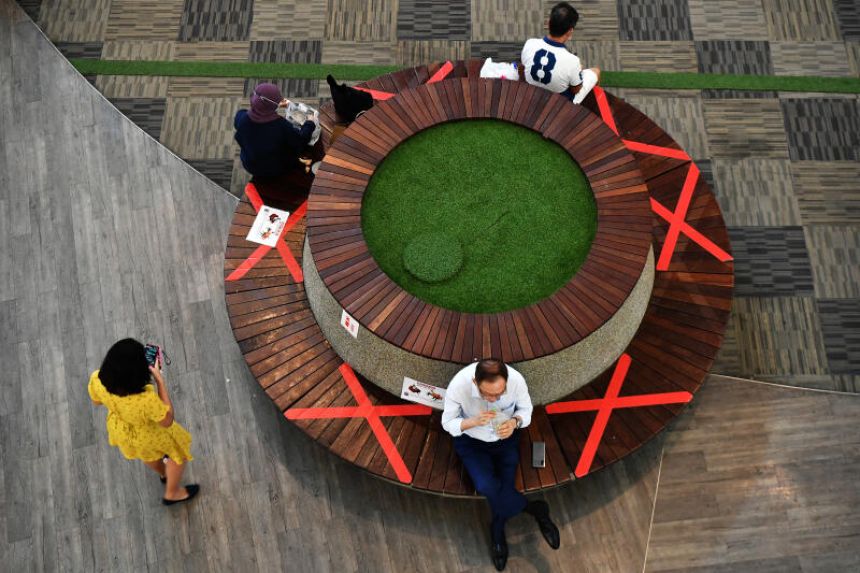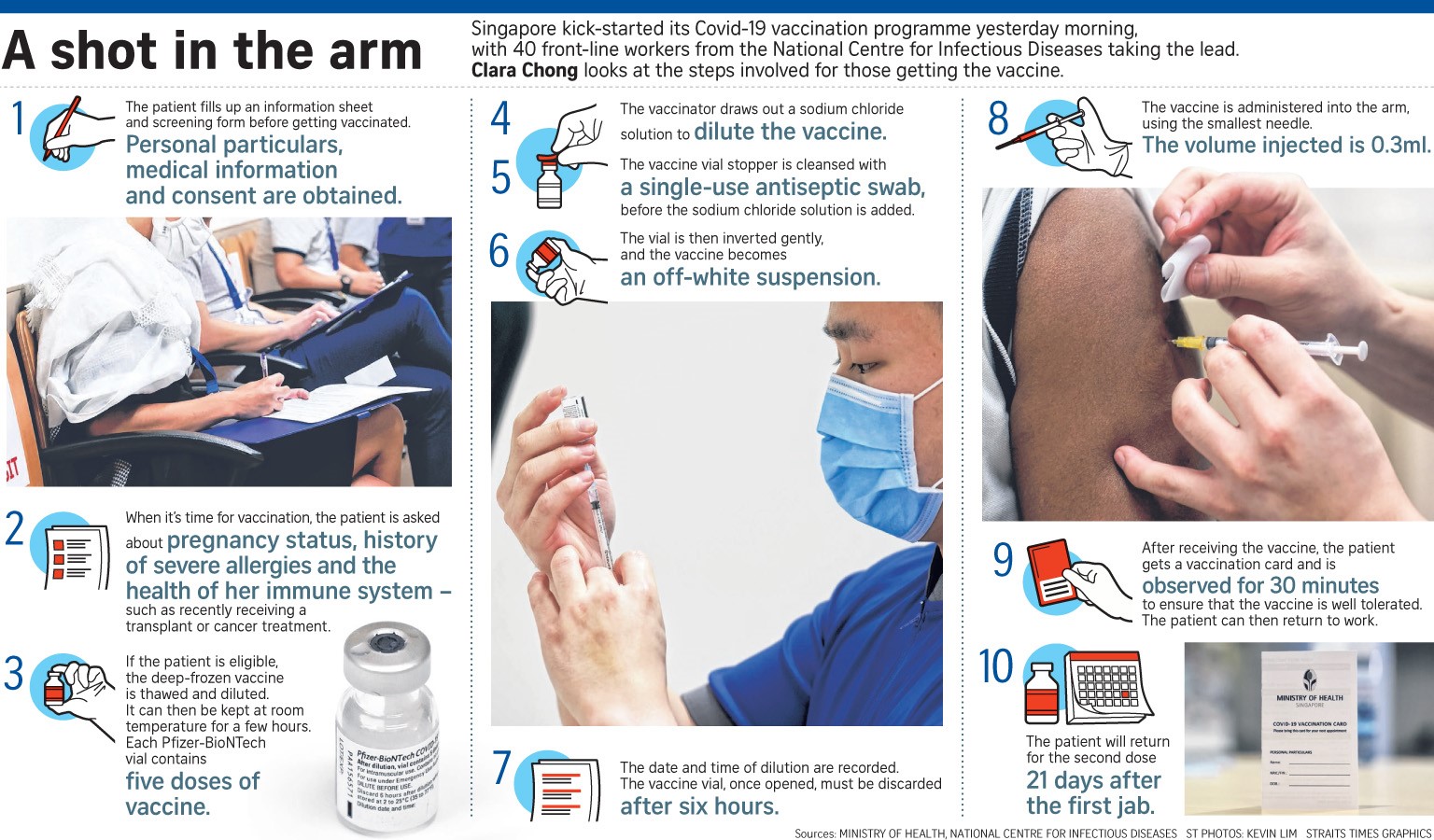Here we go again…
Since the time that it first emerged, COVID-19 has persistently presented new developments that continue to put the world at risk. One recent development, since the discovery of the more deadly UK variant, has challenged the work of researchers. Research studies have suggested that reinfection among recovered COVID-19 patients is highly unlikely, for at least six months.

An additional study conducted at the UK Biobank indicated that masses of people would retain COVID-19 antibodies for at least a six month period after an infection. The study collected data and findings from previous COVID-19 reinfection levels in UK, and how long antibodies remained within the infected.
In the study, 99 per cent of patients who had tested positive for COVID-19 retained antibodies for the SARS-CoV-2 virus for three months. After six months, 88 per cent still carried them. Similar findings were made in another study on frontline healthcare workers, conducted by researchers at the University of Oxford.
“Being infected with COVID-19 does offer protection against reinfection for most people for at least six months,” said David Eyre, a professor at Oxford’s Nuffield Department of Population Health.
While the findings give reassurance that society can bounce back from surges in COVID-19 infections, results around the world have proved that it’s best to stay vigilant and wary, including one of Singapore’s recent cases.
READ: Why Can’t the Covid-19 Vaccine Provide 100% Protection?
Reinfection before six months.
Last weekend, the Ministry of Health (MOH) confirmed that a Bangladeshi worker had tested positive for the COVID-19 disease a second time, after having only recovered from it last year.

The 28-year-old had first tested positive for last April, among the cluster of infections in the dormitory where he lives, at 43 Tech Park Crescent. Although he had recovered from COVID-19, he tested positive yet again on 25 January, earlier this year. This was detected as part of the now rostered routine testing that had taken place at the dormitory.
And in case you’re wondering if the same variant of COVID-19 had struck the dormitory again, that’s not the case. According to MOH, the results revealed January’s infections were “genetically distinct from that associated with the dormitories outbreak in 2020, suggesting that this is likely a different and new infection”.
The ministerial body also added that chances of reinfection were “rare”.
This case marks Singapore’s entry into a list of countries that have reported cases of COVID-19 reinfection. The first of such documented cases was sometime in August 2020, where a 33-year-old man from Hong Kong had been tested positive after an initial recovery in April. The reinfection was found upon the patient’s return from Spain via Britain.
More of such cases have been reported globally, with Hong Kong, Belgium, the United States, and Netherlands being among the nations that have reported reinfection.
READ: Side Effects of COVID-19 Vaccine: Should We Be Concerned?
How do reinfections manifest in people?
One study published by The Lancet Infectious Diseases journal said that patients who had second infections of COVID-19 would likely face worse symptoms. A proven example is of a man in Nevada, who had developed more severe symptoms during his second bout.
As for the man in Hong Kong and the Bangladeshi worker in Singapore, both were generally asymptomatic, although the latter had reportedly felt unwell a day before his test.
To date, there has only been one death from the reinfection of COVID-19 – the 89-year-old Dutch woman in question had already had numerous health complications prior to re-contracting the virus.
READ: Busting Covid-19 Vaccine Myths
There’s only a handful of things left to do now.
In order to prevent the spread of COVID-19 cases in the local community, it’s of paramount importance that we practice good personal hygiene, and adhere to all social distancing regulations. While this may be especially challenging during times of traditional festivity such as Chinese New Year, it’s the least that we can do to keep ourselves and our loved ones safe.
And if you have the opportunity to take the COVID-19 vaccine, you should jump at the opportunity.

The Pfizer-BioNTech COVID-19 vaccine being administered here in Singapore does not contain a live virus, so you can’t contract the virus from it. Instances of people in Singapore contracting COVID-19 soon after getting vaccinated, are therefore unwarranted reasons to turn down the vaccine.
“It is possible for one to be infected just before or just after vaccination as it typically takes a few weeks for an individual to build up immunity after completing vaccination,” said MOH.
As of 1 February 2021, over 155,000 people in Singapore have received their first dose of the COVID-19 vaccine. There remains no increase in risk for seniors.
Join the conversations on THG’s Facebook and Instagram, and get the latest updates via Telegram.














